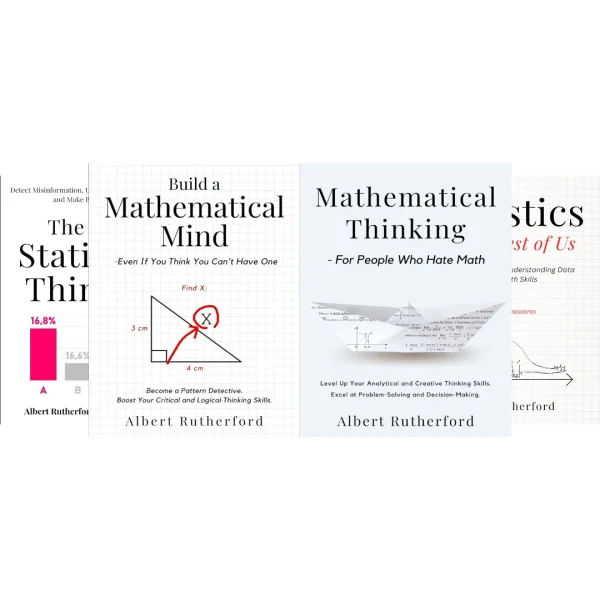
Advanced Thinking Skills (4 book series)
Original price was: $174.95.$39.99Current price is: $39.99.
Bundle: 4 PDF 4,50 MB
From Book 1: Struggling with math? Are numbers your #1 enemy?
Learn the EXACT thinking tools the top mathematicians use to utilize their math skills in real life and radically change how you shop, save, and think!
Achieve your full potential with unlocking your mathematical mind – even if you think you don’t have one.
Math is taught in a dull, authoritarian, and limited way. You either know how to do the Pythagorean theorem or you don’t. But there is SO MUCH more to math than mere calculus and geometry. It pervades almost every life aspect – from how your insurance premium is calculated to the deal you should choose on Black Friday.
Don’t let numbers get in your way to succeed in life. You CAN do math – without the formulas.
Learn to assess information in a logical manner, understand the real connection between risk and probability, make calculated decisions – no hardcore math involved. Mathematical Thinking – For People Who Hate Math provides a new way of looking at the world.
Unlock life-changing ideas and use them to make better and more informed decisions.
- Express yourself in a precise and concise manner using the language of math.
- Learn how turning your focus off can help solve challenging problems.
- How to turn risk and probability to your advantage… mathematically.
- Manage test anxiety like a pro.
A math manual you’ll actually love to read, with research-backed examples for faster learning and greater everyday impact.
Albert Rutherford is an internationally bestselling author whose writing derives from various sources, such as research, coaching, academic and real-life experience.
Thinking mathematically is not the same as doing math. Discover the underlying, everyday utility of math they don’t teach you in school.
80 reviews for Advanced Thinking Skills (4 book series)
You must be logged in to post a review.
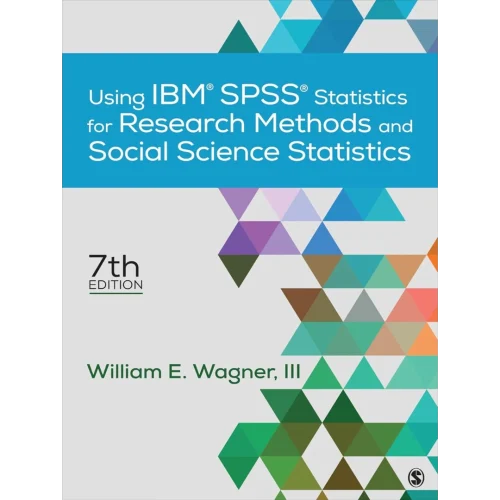
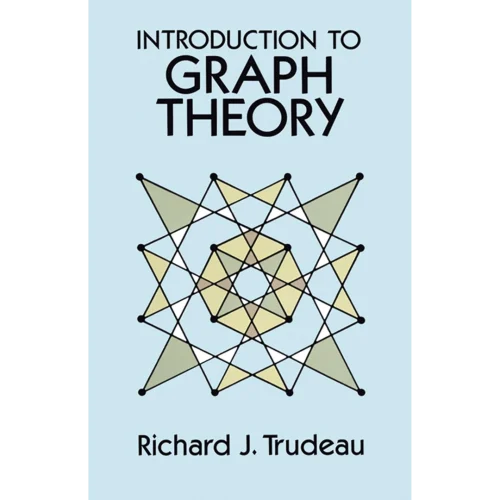
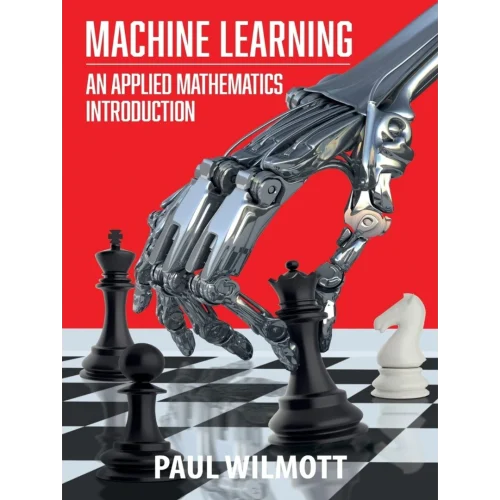
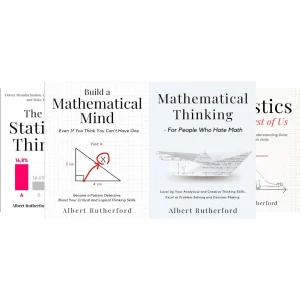
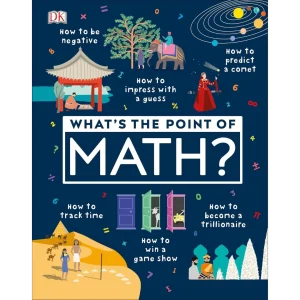
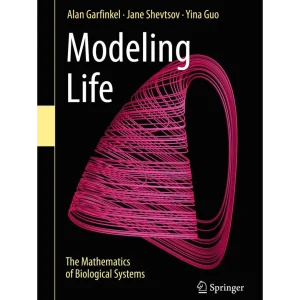
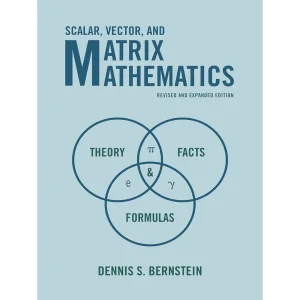
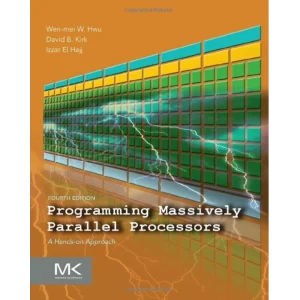
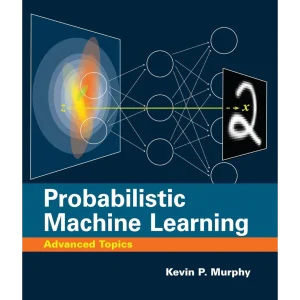
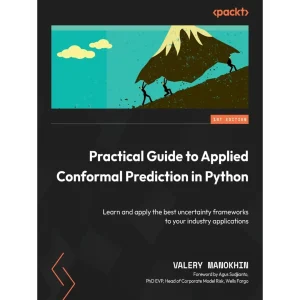
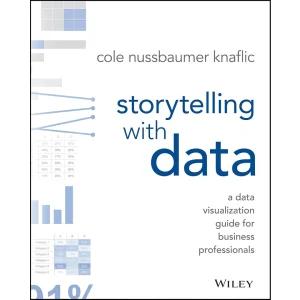
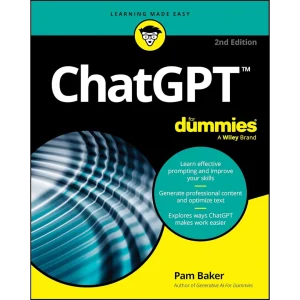
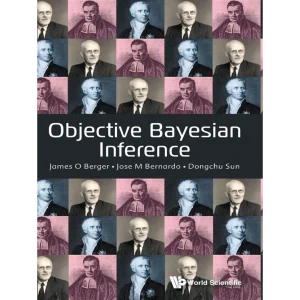
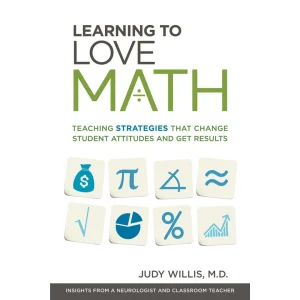
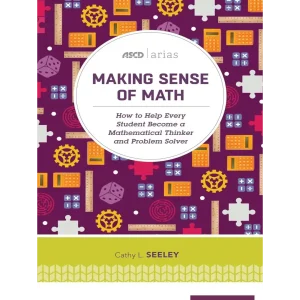
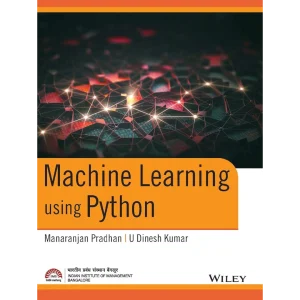
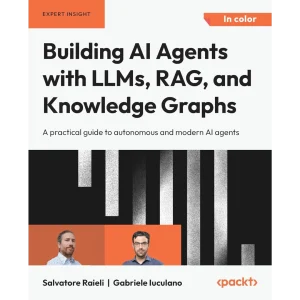
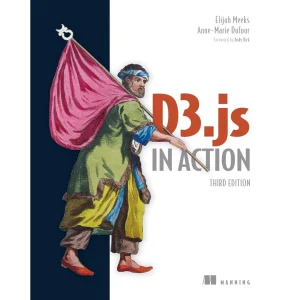

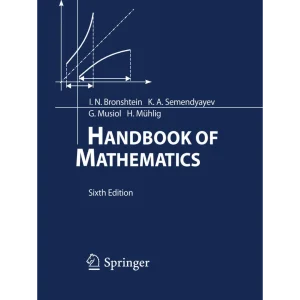
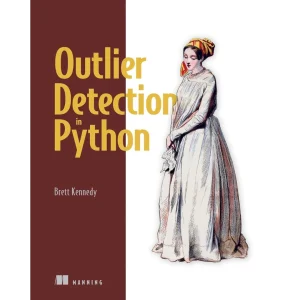

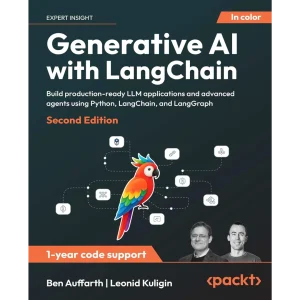
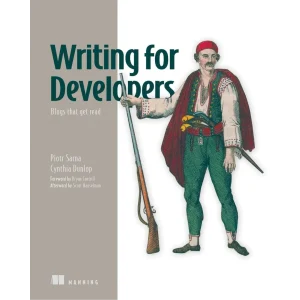
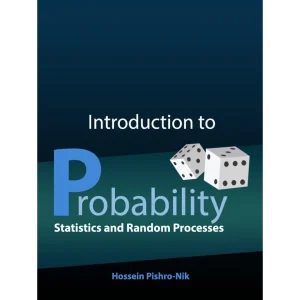
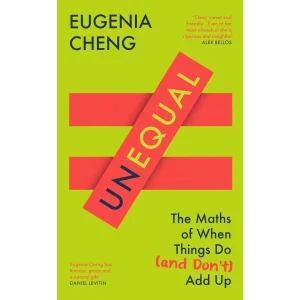
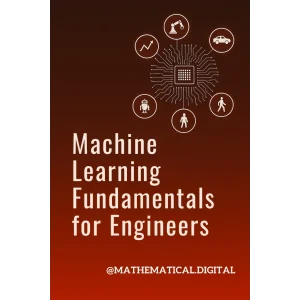
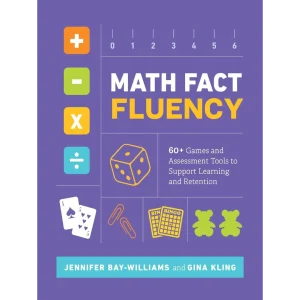
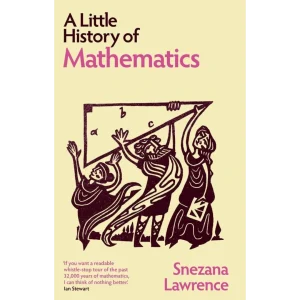
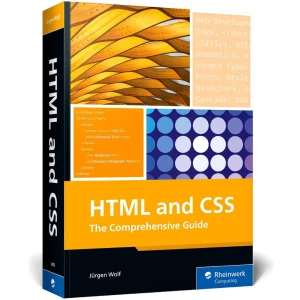
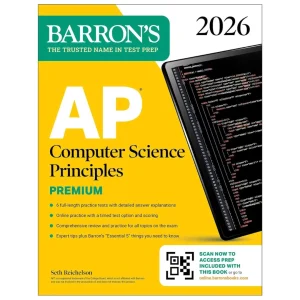
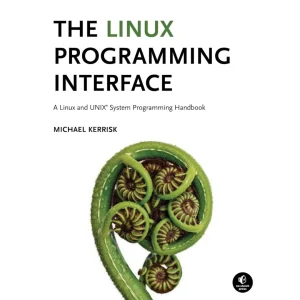
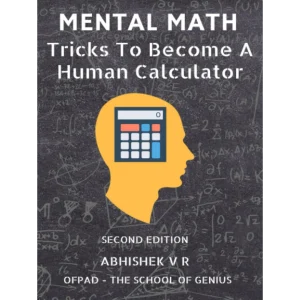
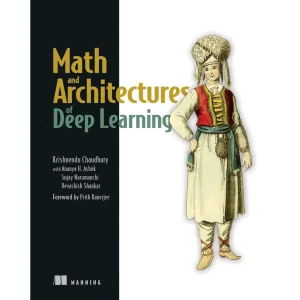

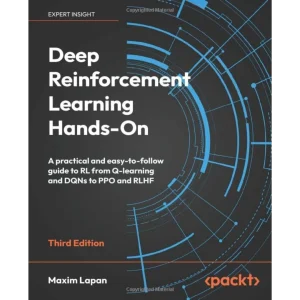
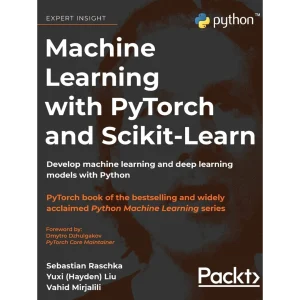
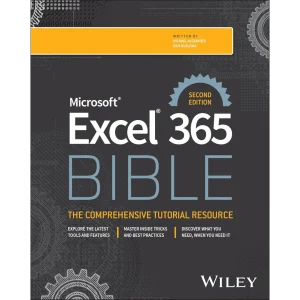
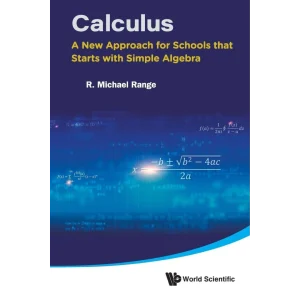
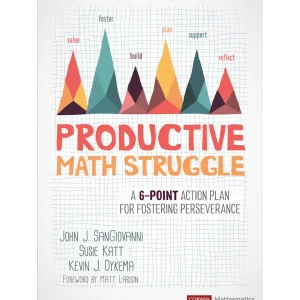
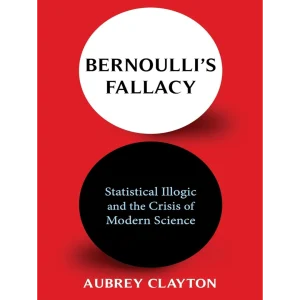
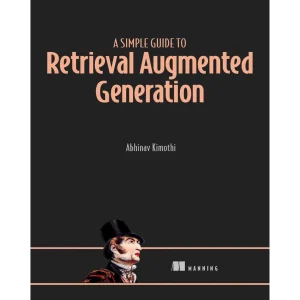
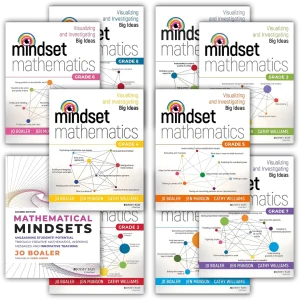
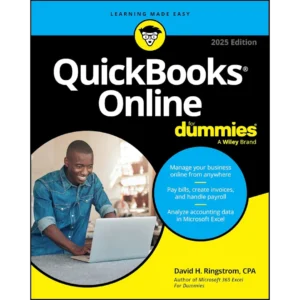
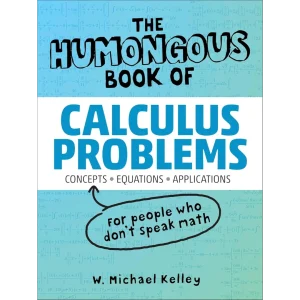
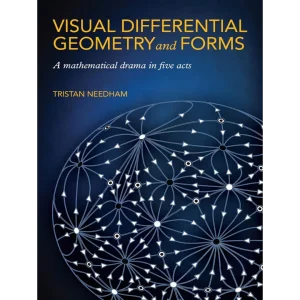
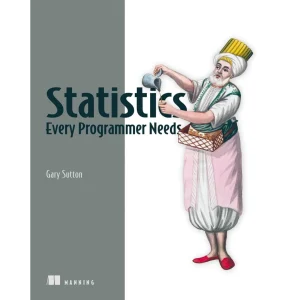
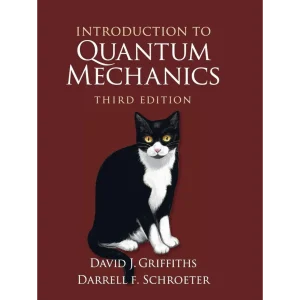
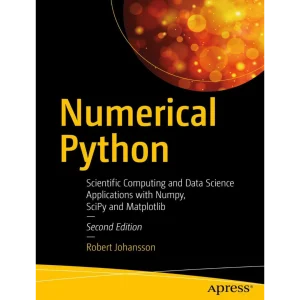

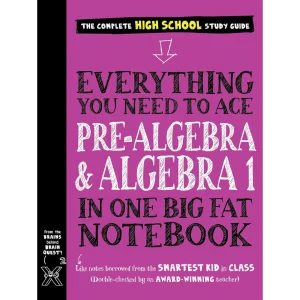

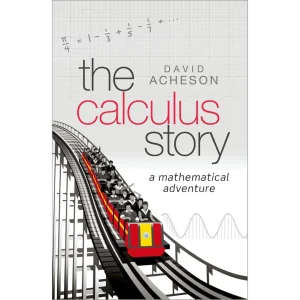
SB (verified owner) –
This is a very useful, clearly written, highly applicable book on math. Better said how to use all that math we learned in real life. I found the section on insurance premium calculation, and the shopping tips the most useful. The anecdotes on linear vs nonlinear thinking we’re also eye opening. A recommended read.
Mello (verified owner) –
This book taught me a lot about subtle things regarding math I never learned in school. The focused and restful thinking switch was a huge aha moment for me. I’m inspired to keep practicing these techniques and dive deeper into more math related topics. Good read.
Reader KA (verified owner) –
Although this book was described as a story about mathematical thinking, it was actually about building skills for lifelong learning.
The author tackled a wide range of subjects, including the English language, politics, psychology, economics, mental health. There was even a “spiritual quality” in the pages of the book.
I enjoyed reading this short, well-written piece. Most importantly, I learned something after reading this book.
Lori (verified owner) –
Finally, a book on mathematics that acknowledges people that hate math. Which is a lot of people. We need more books like this to help people to find mathematics useful, engaging, even divine and a purposeful necessity. Beyond just adding and subtracting money. Which is the only time that people who despise math care about math.
I like this quote:.“Critical thinking is important because it allows us to acknowledge our emotions, but not be controlled by them.” Not to be affected by them, as in to not let them drive your decision-making processes. After reading this, it surprised me to find that people that love math actually think like me. And aren’t entirely different. And from a different species. My father loves math and I feel like he has a genetic predisposition to mathematics and he also loved physics. My brother who genetically inherited the ability to do math from him(our father), on the other hand, loves physics, got a degree in it, and did NOT like math because he said that with math he doesn’t know why he’s doing anything that he’s doing, but with physics there is purpose and there’s a reason. The reason I use the phrase “genetic predisposition” is because I grew up with my brother and he didn’t like math but could naturally do math well and I couldn’t, but I could write well. That is fiction, poetry, songs. I was good at English and all things creative writing.
Anyway, one of my genuine reasons for reading this book is to see if people that love math or are good at it have similar thought processes to myself. I grew up with a father that loved math and is very good at math, but I guess I just wanted to know if other people outside of my family that love math and are good at it have similar kinds of thinking, which this book proved/confirmed to me. So that means I’m not bad in math like I’ve been thinking my whole life but had bad math teachers, that’s all. I was willing to learn math to the best of my ability. But the teachers weren’t the best at teaching it. I mean, I think math teachers are better in the United States than the country I grew up in.
Anyway, this quote rings true, “Just like analytical thinking, critical thinking isn’t something you’re born with. It’s a skill you gain with education and practice.” That’s something that I have started notice ever since I graduated with my masters.
For the part on memorization. It depends on what kind of memorization. If its mental memorization, then that is definitely not understanding. But if it’s muscle memory like typing, balancing, walking on a pole, those sorts of things had to have an understanding before you became so accustomed to it you don’t even think about it anymore when you’re doing it.
As a creative writer, I really enjoyed the Chapter on creative thinking. I didn’t know that, “mathematical thinkers often hit a roadblock; they feel stuck. To make progress, they follow creative leaps and bounds to conjecture a hypothesis that then they will try to prove.” So it shocked me that math-thinkers have to be creative, especially since I was already thinking of creativity as infinite, and never ending.
I used to think of math-thinkers, sometimes even the ones in my family, as methodological, calculating and rigid.
See, creativity is all-encompassing and is vital for every corner of our lives. I highly recommend this book for people that hate math now or hated math growing up. It’s not scary, and it’s not strange to take a dive in.
Brennah (verified owner) –
I am not that far in the book yet however so far I love it!
Matias (verified owner) –
I have taken a couple stats classes in grad school, but it has been a few years since I used those skills. I was looking for a quick refresher. I really like that explains basic theories, tests, and assumptions in simple language, provides examples, and plenty of explanations. Very useful.
Taylor (verified owner) –
The Art of Statistical Thinking is very well written. This book gives you a glimpse into the world of statistics. If you have ever wondered about how statistics work, but didn’t study it, this book would be a great springboard for you. Rutherford and Kim talk about what statistics does, what it looks at, and how it works. The examples are simplified to make it easy for anyone to understand.
The book is written from a perspective of genuine care to educate, inform, and include. The authors do a great job at making the process of learning statistical basics less painful. Their examples make reading the book entertaining.
I really liked the last chapters where the authors explain how different groups can mess with data depending on how they interpret it or how professionals can skew the methodology to produce certain results. They provide a great explanation of how some people lie with statistics or distort confidence in results, and how others inadvertently create misleading charts because of different biases.
JK (verified owner) –
I was looking for a book to help me broaden my knowledge of statistics without being overwhelming. This one was a great fit for that purpose. The explanations and the examples are very clearly stated and presented in an easy to follow fashion. The authors are very knowledgeable in the field – one of them has a PhD in it. The priming knowledge runs deep rather than wide, the writing is coherent, the examples relevant. It was a pleasure to read this book. It stoked my curiosity to start digging deeper into more advanced topics related to statistics. Hopefully they will write a book on probability calculations or using the R programming language for statistics.
Rachel Watson (verified owner) –
I am taking a biostatistics class and they assume we all know the basics. Well, not really – a refresher would have been nice at the beginning of the class. This book has been so helpful to refresh critical ideas and key concepts and explain the basics of statistical thinking in detail. I’m happy I chose this book as my crutch.
Avimanyu Datta (verified owner) –
This book offers a detailed, illustrated breakdown of the fundamentals of statistics. Develop and use formal logical thinking abilities to understand the message behind numbers and charts in science, politics, and economy.
LBD (verified owner) –
The purpose of this book is to review statistical methods and concepts, and how they can be applied to real-world problems. It emphasizes statistical thinking as a way of making decisions. However, the current paradigm of statistical decision-making, known as the null ritual, does not encourage thoughtful and thorough decision-making. Instead, it promotes a mechanical and mindless approach to computing. Very interesting account of how statistics sometimes get thinks very wrong. Written more for the statistician than the ordinary reader. But useful information.
Nelo (verified owner) –
I enjoyed this book because of how its made and mostly the technology in it because I really enjoy technology because if you know technology you could learn how to code or maybe things that other people don’t know. This book is great and I recommend it for people that are into technology but everyone can read it that’s why its a book I’m just recommending it.
Asko Korpela (verified owner) –
I expected more philosophical than the technical aspect of the statistical approach to the subject matter of this book. In certain parts of the text, the argumentation was too technical for me to follow. Already for more than 60 years, I have defined my worldview as statistical or stochastic. What has it meant in practice? The percentage has been invented in order to avoid writing decimals in quantitative comparison in percentages of things. With the exception that the measured quantities of the things to be compared are less than 10 percent. As a university lecturer of econometrics in my ‘Ajksioms’ I have stated: You may write observations with the exactitude of three digits, speak with the exactitude of two without decimals and remember with the exactitude of one digit. If I see written information with more than three-digit exactitude, severe doubts about the sense of relativity and understanding of the author of the information arise. With horror do I look at information where percentages over 10 with decimals are presented as the basis of decision-making?
This is my constant creed and worldview. No religion is needed even if with interest and appreciation following the philosophical aspects of religions and beliefs. In mind Popper’s definition of the limit between science and religion: Science, if the possibility of error is admitted. Religion, if presented without the possibility of error.
Starting to read a book titled ‘The Art of Statistical Thinking’ I expected more of this kind of philosophic argumentation than the technical approach of statistical science. Therefore, a certain degree of disappointment, also in my ability to follow and understand the text. Therefore, only four stars and not five as I expected seeing the title of the book the first time.
Hopper (verified owner) –
The book is interesting, but it is not light reading. The book contains a lot of formulas and math. After explaining various statistical concepts, the book states that people do not use statistics correctly. The book concludes with a chapter on the specific example of how statistics were misinterpreted. I found this last chapter most interesting, and specific historical examples made it easier to follow than the more technical portions of the book.
ClipShine<span class="a-icon a-profile-verified-badge"><span class="a-profile-verified-text"></span></span> (verified owner) –
No doubt this is an excellent resource for understanding stats but there are lots of equations that unless you are proficient with maths will find the book hard going.
Mello (verified owner) –
Statistics was never my strongest skill but this book helped me have a better understanding on the subject. The examples were helpful and well-explained. Some easy to moderate math involved – but hey, you’re reading about statistics, not a romance novel. It’s a field that uses numbers, so there will be numbers. The authors did a good job at explaining what’s what and how to interpret everything numerical. So again, this book was very useful to me.
KH (verified owner) –
This book offers a comprehensive guide to the fundamentals of statistics, helping readers develop critical and analytical thinking skills. With step-by-step guidance, readers will learn how to detect and avoid misleading information, understand descriptive and inferential statistics, and make better decisions using probability. Written by internationally bestselling author Albert Rutherford and highly cited researcher Jae H. Kim, this book is a must-read for anyone looking to improve their decision-making abilities and understand the world around them.
Taylor (verified owner) –
Many people have a complicated relationship with math. I think that’s mostly because of bad teachers… as this book points it out, there are so many life areas where mathematical logic is used that have nothing to do with the numbers. Granted, one has to understand the basic principles of arithmetics – but basic basic, like how does addition or subtraction work. And you don’t have to calculate in your head how much 14856+24321 is – although you can, and I learned in this book how. Point being, there is more to math than equations and geometry calculations. Really liked the chapters on tinkering and guessing. Good read overall. Would recommend it to everyone who likes to learn new things and train their minds in a chill way.
EOC (verified owner) –
The author knows his stuff and lays out the foundation for a class on the subject for the mere price of a book. From the title I was hoping for something with a bit more soft content of the subject. But i’m already familiar with the root case which is excellently presented here. If your new to the subject and willing to get rigorous with understanding statistics, this is an excellent resource.
Mitty (verified owner) –
I enjoyed this book. However, with a background in engineering, I’ve seen much of the information before. If you have zero background in statistics or you glaze over when you see mathematical formulas, this might not be the book for you.
I appreciated the concise explanations, sprinkling of humor throughout, and the discussion on the “null ritual”. The authors also point out ways in which academia has failed to properly equip students with statistical thinking.
I can confidently say that I set down this book feeling a little bit wiser.
Faizan Aziz (verified owner) –
Good perspective on critical and logical thinking
E & J (verified owner) –
I really enjoyed this book though.
Augustus (verified owner) –
I really love the way the topics were Presented. It was easy to follow and understand. I know I have a new appreciation For how important mathematics is In our daily lives. I highly recommend it. Thanks a lot.
Helge (verified owner) –
I would recommend this book to everyone who has just completed the course of basic statistics. Now that you are familiar with the methods, this book will explain when they can be used, and – most importantly – when they shouldn’t be used (and show the better alternatives). Basically, those details that are not usually taught in statistics courses, but are vitally important for using statistics in real life.
(As some other reviewers already mentioned, you need to have sufficient understanding of the basic statistical methods to fully benefit from this book. However, even without that I believe this book has a lot to offer – especially the explanations of how statistics are often misused (by the press, politicians, etc.))
Chuck L (verified owner) –
Rutherford does an admirable job of telling us how mathematicians think about the world, but it ended too quickly and didn’t really tell us how to do math. Perhaps his plan was to leave us wanting more and to persuade us to buy another of his books on a similar topic. If that was his goal, he really does think like a mathematician.
Callbook (verified owner) –
The trick with math in is to SEE/detect those hidden relationships between objects/ideas/entities….
James (verified owner) –
I never liked math. It was never easy for me to learn, but apparently I’m not the only one. In Albert Rutherford’s book he mentions, “Ask any adult how they feel about math, and, aside from a few math enthusiasts, you’ll get a lot of lukewarm responses. People may say, “Ugh, I hated math,” or “I was never good at math!” That’s definitely me. Buy I did find the book useful, however, I wish he’d provided more tips.
Bobos Babes<span class="a-icon a-profile-verified-badge"><span class="a-profile-verified-text"></span></span> (verified owner) –
I am a firm believer in the saying “Number Don’t Lie.” I find statistics fascinating and wanted to get a better understanding to make better and hopefully more lucrative decisions. This book definitely has the ingredients to provide just that, but it’s a little too technical for the average, although educated person to follow. I had to put it down and come back to it and even reread a few pages. The information is spot on, just a very technical read.
Witt-K-of-sky (verified owner) –
The book did a good job of explaining statistics but it was a little more technical than I expected
Mike watkins Jr. (verified owner) –
This is a great book to read alongside “Making Numbers Count: The Art and Science of Communicating Numbers”.
What i love about this book is that it brings out that math involves asking “what if” and experimenting with those “what ifs”. I don’t know about you but math was presented to me in school as a finite system with only one answer/approach.
The solution is for schools to create an environment that is conducive to divergent thinking, or as Sir Kem puts it, “the ability to see lots of possible answers to a question, lots of possible ways of interpreting a question”. In other words, the author argues that problem-solving skills should be emphasized in math the way they are in other liberal disciplines and he presents various methods that teach you how to do this throughout the book.
These methods consist of the following:
1. Develop a mathematical habit
2. Become a better pattern detective
3. Use probability and experimentation
4. Describe and speak in the language of math.
5. Tinker
6. Invent
7. VIsualize
8. Guess
The author presents these methods in layman’s terms and even presents simple exercises you can do to start applying them.
Further, the author brings out how the creative process used to process music/art etc. is the same process used to process mathematics. In fact, some mathematicians have claimed that their critical discoveries came to them while sleeping (similar to a lot of brilliant musicians).
In other words, everyone has the ability to learn and process mathematics, there isn’t some unique aspect/attribute that you need to understand math.
But ye I would recommend this book to anybody. IT breaks down the flaws in the current American mathematical education system, how to address these flaws, and how you can embrace/lov
Mike (verified owner) –
This actually is much more like a thinking education book than a math learning book. It promotes learning thinking skills such as analytical thinking and creative thinking, and apply them in our daily life. It’s very interesting to read it, and it opens up a new perspective for me. One of my take-away from this book is nonlinear thinking. Overall, it’s a book worth to read and keep!
Jude Griffin (verified owner) –
“Mathematical Thinking for People Who Hate Math” by Albert Rutherford is an excellent resource for anyone looking to improve their analytical and creative thinking skills. The book provides practical tips and strategies for problem-solving and decision-making, making it a valuable tool for both personal and professional growth. Rutherford’s writing style is engaging and easy to follow, making complex concepts accessible to readers of all levels. Overall, I highly recommend this book to anyone looking to overcome their fear of math and develop a more analytical mindset.
J Morelan (verified owner) –
It is astounding to the Casual Observer just how easy it is to misrepresent statistical data.
This book reveals a side of statistics that is seldom covered in this clear presentation.
Well done Albert Rutherford.
Amber Lopez (verified owner) –
Loved this brief but information packed book. Gave me the confidence to see myself as a math person. Thank you for the points to ponder.
DisasterMaster (verified owner) –
This was a very clear and concise guide to the basics of statistics and how to look at numbers and graphs with a more discerning eye. This is an important skill that will make you a better citizen.
Michael McFarren (verified owner) –
Albert does an amazing job of simplifying and providing a thoughtful presentation of math. His insight in how math plays an important role in or everyday life is amazing.
Karen Marie Shelton (verified owner) –
This book was a wonderful surprise. I really enjoyed how the author, Albert Rutherford, provided real-world examples of each lesson in the statistics he presented. The examples made me stop and think about statistics in an entirely different way. I took statistics classes in college and found them bland but necessary for my studies. With Albert’s book, I kept reading each new section because I was having fun thinking about traditional statistics in real-world applications. I had never considered it before. I highly recommend this book to anyone, whether you like statistics or not. It will open your eyes to the world around you. Did I say I loved it? Well, I really did.
Michael McFarren (verified owner) –
Being a scientist and mathematician, I found this book to be refreshing and informative. I recommend it to all interested in better understanding their world. Don’t be caught unaware. Look and question for better understanding. This book will show you tools to do just that.
Michael McFarren (verified owner) –
After years of studying statistics I’ve not had as clear, concise review as presented here. I will be rereading this book and using it as a reference to improve my statistical prowess.
J. Allen Davis III (verified owner) –
This book was really great. I enjoyed looking at this topic in a different way.
Dave McAllister (verified owner) –
One of the best books for basic stats and what they mean that you will find. Delightful examples, witty comments, clear application and insightful warnings. Check out the Monty Hall problem!
DMP (verified owner) –
It’s far to easy to be fooled by strong opinions, myopic media and junk science. This book provides an antidote to help in finding more truth in an ever growing world of half truths and magical thinking.
Eetu1234 (verified owner) –
Master Everyday Math is great for anyone looking to strengthen their math skills and apply them in real-life situations. The author’s approach to probability, for instance, demystifies a complex concept, making it practical and accessible. With this book, I’ve not only improved my math but also my decision-making abilities. Five stars all the way!
peter ferguson (verified owner) –
I enjoyed the contents, well articulated and well argued. However it left me wondering if it would appeal to people who weren’t interested in maths in the first place.
mvrs5112002 (verified owner) –
Master Everyday Math – was fund to reach since I have been out of school for +25 years. It was a great refresher. Reminds you of the skills and how easy it can be to run these easy and helpful calculations in everything you do on a daily basis – shopping, cooking, budgeting. What a fun book!
Alberto<span class="a-icon a-profile-verified-badge"><span class="a-profile-verified-text"></span></span> (verified owner) –
This book provides a refreshing perspective on math, showing that it’s not just a subject of numbers but a powerful tool for improving decision-making and daily problem-solving. Albert Rutherford takes readers on a journey through practical math applications, from budgeting to cooking, making math accessible and engaging. The section on probability is particularly enlightening, revealing its real-life relevance in fields like weather forecasting and sports. Rutherford’s easy-to-follow language and concrete examples make this a valuable resource for anyone looking to boost their math skills for everyday life. Whether you’re new to the subject or seeking to strengthen your math abilities, this book offers useful, actionable content for personal growth.
Nick G (verified owner) –
This book is a goldmine for problem-solving and productivity. The author effortlessly blends math and practical strategies to help readers solve everyday problems. This book covers everything from time management to sales tax and shopping decisions. Clear, concise explanations and real-life examples make complex concepts easy to understand and apply. I recommend this book to anyone looking to optimize their life with math.
Naftali Winkler (verified owner) –
Thank you for this amazing book, I really loved it!
Matthew B (verified owner) –
I’ve always struggled to do any math that didn’t have a dollar sign in front of it. I’ve learned to love numbers a little more these days and I think this is a great read for anyone on a journey to be more comfortable with math.
Steven Kelley (verified owner) –
Information is all around us and when you have that sixth sense that what you are being told just doesn’t add up, you are likely right. This book on statistics can help you decipher good science from bad, and reliable results from unreliable. If you’re like me, statistics in school was like learning another language. This book breaks down statistics into easy to understand concepts with plenty of examples. In this day and age where data literacy is critical, you have in your hands ways to be a better citizen.
Winnetka (verified owner) –
A wonderful book by an excellent writer. Your ability to understand and work with numbers will be enhanced by reading it. On the same topic I strongly recommend Innumeracy by John Paulos. Numbers are wonderful.
Ter 1 (verified owner) –
Math wasn’t my best subject in grade school. And I realized it also didn’t translate into the real world when having to calculate on the spot like dividing a dinner bill, translating celcius to fahrenheit when traveling, etc. This book makes math simple by applying it to real life situations that matter.
Abi (verified owner) –
If you’ve always been embarrassed by your inability to handle numbers, this book is for you! I would highly recommend it!
Books4Life (verified owner) –
This book is a great household product to have. I particularly liked the calculating interest chapter as well as time management. Well done.
Zsolt Práger (verified owner) –
The central theme of “Master Everyday Math – Essential Calculations for Adults” is the learning of everyday mathematical calculations for adults. The chapters focus on various mathematical skills, such as basic calculus, financial mathematics, units and ratios, and practical mathematical problem solving applied to real-life situations.
The book fills a gap as it discusses mathematical foundations that are often used in everyday life, but many adults lack understanding or do not feel confident. It provides excellent guidance for those who want to strengthen their math skills in their daily activities.
The positive aspects of the book include easy to understand description, real-life examples and practical applicability. The writer is able to connect mathematics with everyday situations, making learning and application easier.
Among the negatives of the book may be that for some it may be too basic, while for others it may not provide enough depth to develop mathematical knowledge. Also, considering different learning styles, for some readers it may be one-sided or less interactive.
The writer’s forward-looking advice would be for readers to consider their personal learning style and apply the book’s content in their daily lives. In addition, you can suggest regular practice and gradual expansion of topics to deepen the knowledge gained.
Holly Farley (verified owner) –
I used this in preparing for an undergraduate statistics nursing course. I found the examples of everyday statistics helpful.
Cliff Ashpaugh (verified owner) –
⭐⭐⭐⭐⭐
“Build a Mathematical Mind” is a game-changer! This book breaks down complex concepts into simple, engaging lessons. It’s a must-read for anyone looking to sharpen their critical thinking skills and embrace the joy of math. Highly recommended!
MikeWyne (verified owner) –
Whether you’ve liked statistics or not, I think you’ll really like this. Especially incorporating real world examples!
EZ Insight (verified owner) –
Rutherford excels at breaking down complex ideas into digestible parts, making the subject accessible to anyone. The book is not about making you a mathematician but about enhancing your analytical and creative thinking skills. It highlights the importance of mathematical thinking in everyday problem-solving and decision-making, showing its relevance beyond the classroom.
One of the book’s strengths is its practical approach. It combines theoretical concepts with exercises that encourage readers to apply what they have learned. This hands-on method helps reinforce the material and allows readers to see the practical applications of mathematical thinking in real life.
Excellent guide for demystifying math and leveraging its principles to enhance your analytical abilities.
saxotonie (verified owner) –
This book was well-written. The stories did a good job illustrating the statistical information. It was a quick read but I would be interested in reading more from this author. It looks like Rutherford has a number of short books out on similar topics.
Greg T (verified owner) –
“Statistics Simplified” is an excellent introduction to the many applications of probability and statistics. Packed with examples on where we find and use them in our everyday lives, it goes on to demonstrate the science’s limitations and how statistics can be both enlightening and misleading.
I also enjoyed how the book demystifies some of the many technical terms using easily understandable explanations.
Definitely a very interesting read for someone who’s looking for a better, non-technical, understanding on the topic.
Carol711 (verified owner) –
If I could give this book six stars, I would. The stories are entertaining and highly relevant. Who would think a book on statistics could be fun? This book is. For anyone who has to teach statistics – this book is a goldmine. For those who need to learn statistics – this is a great tool to enrich and demystify the topics.
Alex (verified owner) –
“Statistics Simplified” is a delightful read for anyone who shudders at the mention of math. It’s like a friend who patiently explains a tricky concept without making you feel out of your depth. Through engaging stories and real-world examples, Rutherford and Gordon make statistics not just understandable but fascinating. Each chapter reads like a mini-narrative, helping you see the practical side of data analysis in everyday life. The book’s charm lies in its ability to transform complex ideas into simple, relatable anecdotes that stick with you. Whether it’s how you take your coffee or more significant life decisions, this book shows you how to use statistics to your advantage.
Michelle L. (verified owner) –
I gifted this book to my partner who is a data analytics professional. He loved it!
Andrés L. (verified owner) –
I really liked this book, particularly how the authors link the concepts with stories, and especially how each of these stories is referenced. Without a doubt, it is a good book and recommended for anyone starting to familiarize themselves with statistics. For those with an intermediate or advanced background, only the stories will be interesting.
PJK NJ (verified owner) –
Good stories and valuable content
Ken Shelton (verified owner) –
“Statistics Simplified” is a great read, and an excellent refresher to the many applications of probability and statistics in our everyday lives, it goes on to demonstrate the science’s limitations and how statistics can be both enlightening and misleading.
Jay A. Nesbit (verified owner) –
“Statistics Simplified” by Albert Rutherford and Abby Gordon is a good pick for those new to statistics. The authors use clear, simple language and real-world examples, making it easy to follow.
A unique feature is how the book uses stories to explain concepts. This helps make complex ideas stick. For instance, the book talks about how adding milk to coffee can change the taste. This everyday example is used to illustrate how minor changes in variables can lead to different outcomes, a core idea in statistics. It ties into the history of statistical analysis and shows how noticing these differences can lead to important discoveries.
The book is well-researched and offers practical techniques. It’s perfect if you want to learn about statistics without getting bogged down by math. Overall, it’s an engaging and informative read for beginners.
WanderlustReviewer (verified owner) –
I enjoyed reading this book. It offers a delightful understanding of statistics through everyday stories. The book does an exceptional job of demystifying complex statistical concepts and explains them in a simple way.
Jayton campbell (verified owner) –
“Statistics Simplified” is a breath of fresh air for anyone who’s struggled with numbers. The authors do an amazing job of explaining statistical concepts through stories and real-life examples, making it all so much easier to understand. The book is both informative and entertaining, which is rare for a subject like statistics. Whether you’re a student, a professional, or just someone who wants to make better decisions, this book is a fantastic resource. It really helps you see the power of statistics in everyday life without feeling overwhelmed by the math.
Bud (verified owner) –
This book makes learning statistics engaging for those who find traditional math intimidating. Through clear, jargon-free language and real-world stories, this book transforms complex data into relatable narratives, making it easier to understand and apply statistical concepts. With engaging examples and practical insights, it helps readers become informed consumers and make better decisions, all while debunking common myths.
George-F (verified owner) –
Book arrived in excellent condition(as expected of a new book). Got this book so as to aid in my re-education in mathematics and numerical programming. Going through the book, the table of contents indicates that the chapters are arranged in such a manner, as to provide you with information concerning the behaviours that are expected of a mathematician. This books discusses what you should do in order to develop similar behaviours and making it habitual. The proof of why you can achieve these targets is given in the early chapters and fortified thereafter.
Joacim (verified owner) –
Has a lot of interesting information and I learned a lot. I’m reducing it from 5 to 4 stars because of the writing. It’s not bad (at all), but it could have been more clear at times. It’s almost like the author is writing to people who already knows their stuff, but the concepts he’s talking about are more for beginners. So there’s a bit of a disconnect here. I recommend the book though.
Guisselle (verified owner) –
I don’t usually leave reviews, this was gifted to me by a girlfriend after I shared my need to improve on my data illustration skills. I loved it. Mr. Rutherford did a great job breaking down the process of it in nitty-gritty detail. Starting from how to collect data, filter through relevance, and choose the right illustration, he even gets down to which software to use. A lot was packed in this quick read. Worth it and easy to follow, in my opinion!
Zulkifli (verified owner) –
I never thought I’d describe a book about statistics as “engaging,” yet here we are. Storytelling with Statistics somehow takes all those cold, intimidating numbers and transforms them into a compelling narrative that even a non-math person like me can appreciate. The book teaches how to present data clearly, honestly, and (dare I say it?) entertainingly. The writing style is smooth, and the explanations are straightforward—no confusing jargon or endless equations that make you regret your life choices. It’s like having a data-savvy friend who patiently explains things without making you feel like an idiot.
The structure is solid, with practical examples that make the concepts stick. I especially love how the book tackles misleading graphs and manipulated data—because let’s be real, we’ve all been fooled by fancy-looking charts before. Five stars because it made me rethink how I present information, and now I feel like a data ninja. If you want to make stats less snooze-worthy and more impactful, this book is your secret weapon!
David Moreno (verified owner) –
El libro presenta de manera sencilla y clara conceptos generales de la estadística.
Lao explicaciones son claras, una buena introducción al pensamiento estadístico
McKey (verified owner) –
A good book on data representation for beginners. Those who are into the subject will likely be familiar with everything. Data formats and possible representations are well described. It’s too bad the author doesn’t mention a tool like Tableau. It is also suitable for beginners, but the level of variation in data representation is prohibitive. Overall, a great job.
LeeO (verified owner) –
This book did a good job at immersing me in the craft of data visualization – from the pitfalls to best practices, from illustration styles to different online charting apps, from storytelling to ethics, Rutherford covered it all. A nice, quick primer for those seeking not only to understand charts and graphs but also be able to create some.
ninaa (verified owner) –
This book is a new fresh idea for someone who want to improve their presentation with a data. If I know this idea earlier, that will make my previous presentation more engaging and fun. The explanation is easy to understand and I really liked how the author keeps it engaging by using examples that make sense. I want apply this method for my future presentation and hopefully more people will pay attention.
E Tex Dude (verified owner) –
I’ve taught continuing education seminars for 8 years and I can testify to the value of these communication skills and methods.